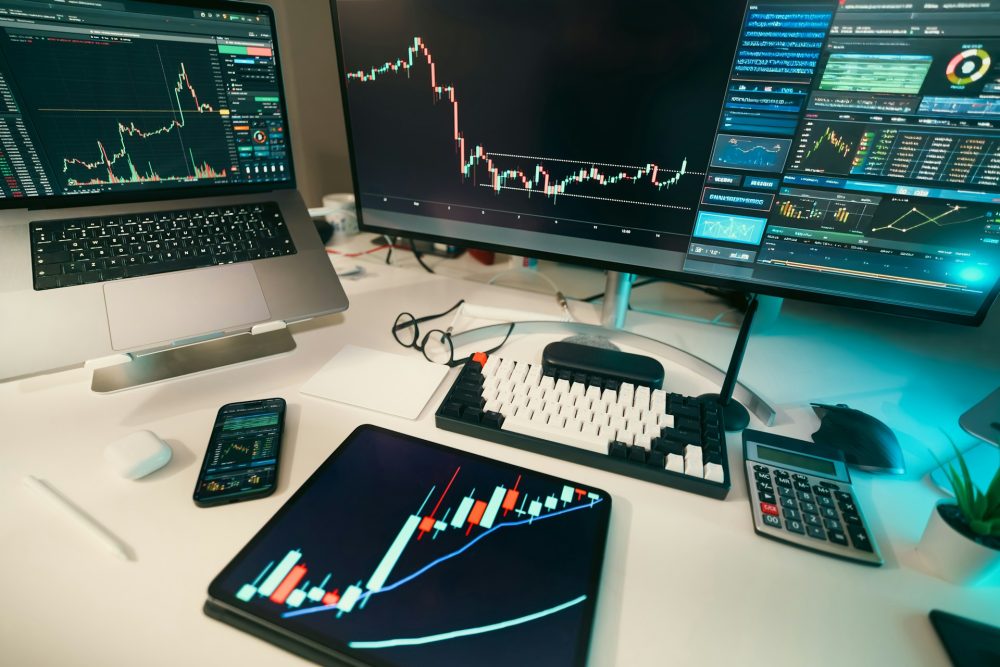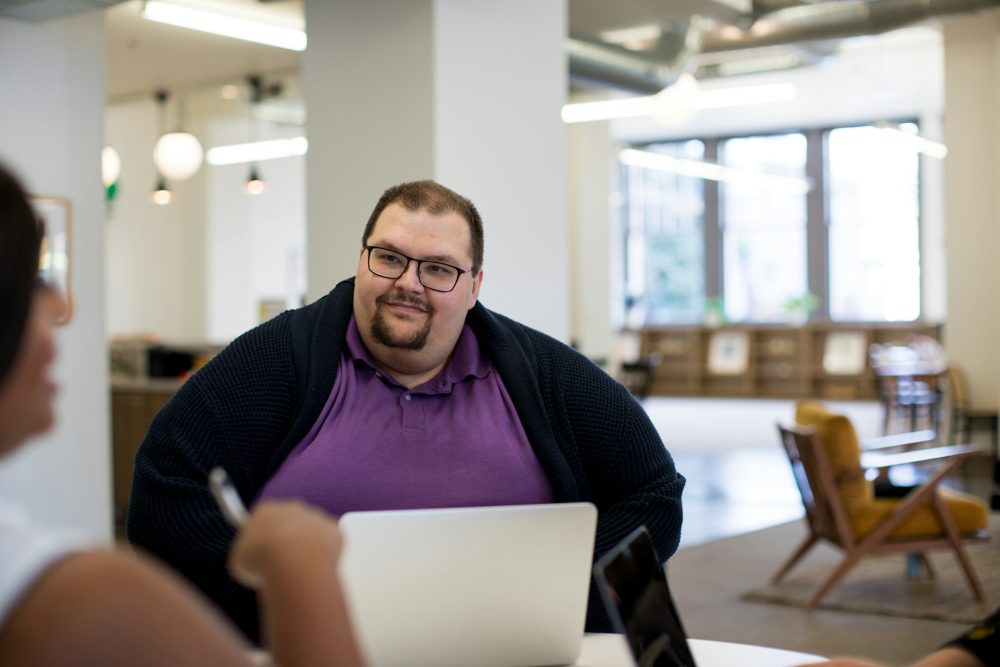Biotech
Aortyx opens a round of eight million to ensure the clinical arrival of its product
The biotech startup Aortyx wants to raise money to secure pre-clinical trials and pilot clinical trials on patients, scheduled for the end of 2021. In 2019, the company received subsidies of more than $652,000 (€550,000) from the European Union’s 2020 Program, the Headstart program of the European Institute of Innovation and Technology (EIT Health) and the Neotec program.

Aortyx seeks to consolidate its project. The Spanish startup has opened a financing round of $9.5 million (€8 million) to ensure the clinical arrival of its product. The co-founder and CEO of Aortyx, Jordi Martorell, explained that the company will use the funds to guarantee the preclinical trials and pilot clinical trials on patients scheduled for the end of 2021.
The company, which is developing a new generation of endovascular devices to treat vascular diseases, has opened a funding round with Genesis Ventures. Martorell indicated that the management company “is advising and helping to negotiate with local, European, and U.S. investors. The co-founder and CEO of Aortyx said that the forecast is to close the financing round in the first half of 2021. The company had already raised $772,000 (€650,000) in a transaction led by Genesis Ventures last March. The funds allowed the company to double the number of workers, up to twelve people.
Read more about the latest financing round opened by the biotech company Aortyx and find the most important business news with the Born2Invest mobile app.
Aortyx is negotiating with local, European and US investors
Martorell explained that the $9.5 million (€8 million) will be used to ensure the clinical arrival of his product. The company plans to start pre-clinical trials and pilot clinical trials on patients at the end of 2021. Although the startup has a solid cash flow for the following year, this round of financing should cover the advances until 2023. The company expects to market its product in 2024.
Aortyx has been conducting animal trials for almost a year to validate the use of its application. During this time, the company has modified elements of its device and has recently started tests on sheep with the definitive model. If the result is satisfactory, the next step is to conduct regulatory testing in 2021 and then begin clinical trials. The startup considers that investors like its project and business plan, although it limits them that the tests in animals have to be more conclusive. The company has not been able to conduct animal testing for five months due to the pandemic, although it has made progress on the technology side.
Aortyx has raised $1.43 million (€1.2 million) since its foundation in 2018
Prior to the funding round of $772,000 (€650,000), Aortyx has already attracted funding from national and independent public institutions. In 2019, the company received subsidies of more than $652,000 (€550,000) from the European Union’s 2020 Program, the Headstart program of the European Institute of Innovation and Technology (EIT Health) and the Neotec program of the Center for the Development of Industrial Technology (Cdti).
Aortyx was founded in October 2018 on the initiative of Martorell, Noemí Balà, Salvador Borrós and Vicenç Riambau. Balà is a doctor of chemical engineering, Borrós is a doctor of analytical chemistry of materials and Riambau is a doctor of medicine.
The startup is a spin off from the Institut Químic de Sarrià (IQS) and the Hospital Clínic de Barcelona. Martorell and Balà control the majority of the shareholders of Aortyx, while Borrós and Riambau hold a smaller percentage. In addition, the investors who financed the project through crowdfunding hold a quarter of the company’s shares, and Genesis Ventures and La Caixa have a smaller share.
__
(Featured image by pixel2013 via Pixabay)
DISCLAIMER: This article was written by a third party contributor and does not reflect the opinion of Born2Invest, its management, staff or its associates. Please review our disclaimer for more information.
This article may include forward-looking statements. These forward-looking statements generally are identified by the words “believe,” “project,” “estimate,” “become,” “plan,” “will,” and similar expressions. These forward-looking statements involve known and unknown risks as well as uncertainties, including those discussed in the following cautionary statements and elsewhere in this article and on this site. Although the Company may believe that its expectations are based on reasonable assumptions, the actual results that the Company may achieve may differ materially from any forward-looking statements, which reflect the opinions of the management of the Company only as of the date hereof. Additionally, please make sure to read these important disclosures.
First published in PlantaDoce, a third-party contributor translated and adapted the article from the original. In case of discrepancy, the original will prevail.
Although we made reasonable efforts to provide accurate translations, some parts may be incorrect. Born2Invest assumes no responsibility for errors, omissions or ambiguities in the translations provided on this website. Any person or entity relying on translated content does so at their own risk. Born2Invest is not responsible for losses caused by such reliance on the accuracy or reliability of translated information. If you wish to report an error or inaccuracy in the translation, we encourage you to contact us.

-

 Business6 days ago
Business6 days agoAmerica’s Debt Spiral: A $67 Trillion Reckoning Looms by 2035
-

 Crypto2 weeks ago
Crypto2 weeks agoBitcoin Reacts to Crisis: Price Swings Amid Israel-Iran Conflict
-

 Crowdfunding4 days ago
Crowdfunding4 days agoTasty Life Raises €700,000 to Expand Pedol Brand and Launch Food-Tech Innovation
-

 Biotech2 weeks ago
Biotech2 weeks agoDiscovery of ACBP Molecule Sheds Light on Fat-Burning Tissue Suppression and Metabolic Disease

























